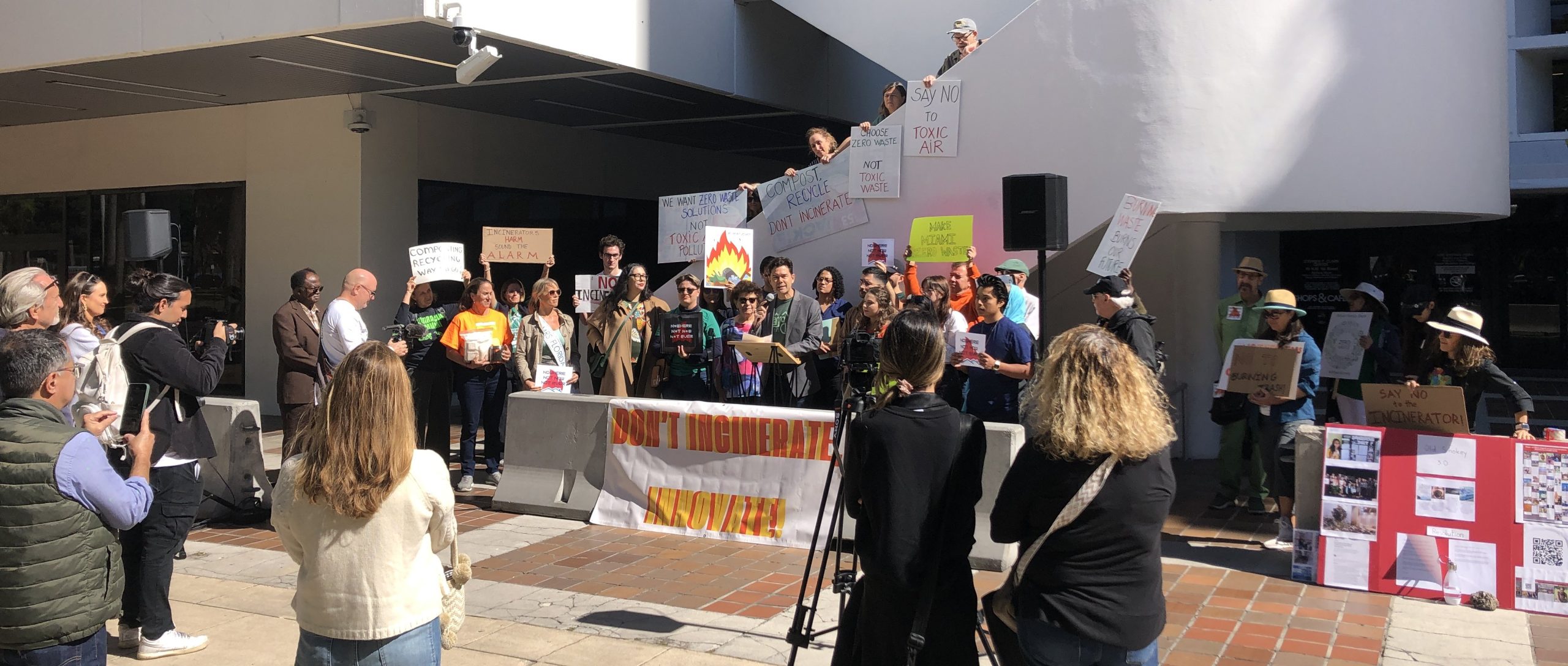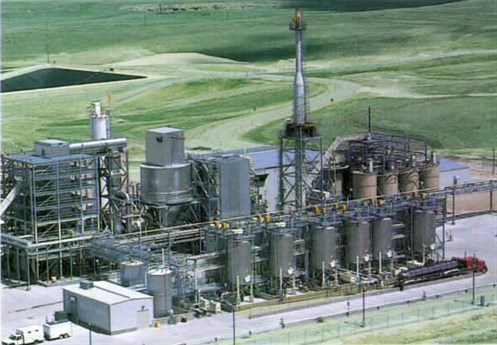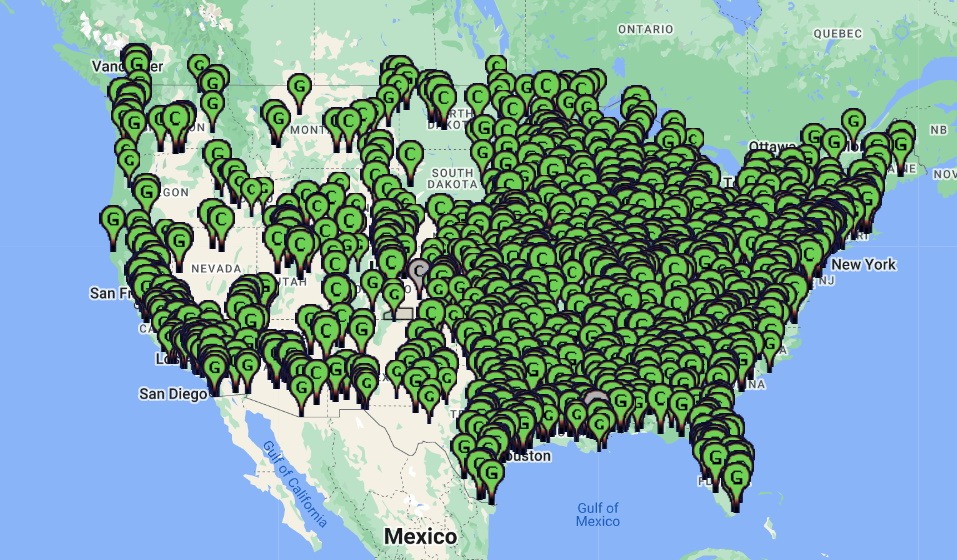-
Bioenergy Wrecks the Climate
– by Ellen Moyer, December 2, 2015, Huffington Post Massive logging operations underway in North Carolina (Photo: Dogwood Alliance) Climate change is telling us to stop pitching pollution into the atmosphere–in much the same way that…
-

Huge Waste Burner Plan Defeated in FL?
The controversial 41-year old Covanta Dade trash incinerator in Doral, Florida burned down in a massive 3-week long fire in February 2023. Ever since, Miami-Dade County has been hell-bent on building the nation’s largest waste…
-
Are Carbon Taxes Another False Solution?
– by Mike Ewall, Energy Justice Network October 2014 Carbon taxes are emerging as a major top-down climate solution enviros would like to see come out of Congress. Plenty of “tax carbon” signs were present in…
-
Nuisance Lawsuit against Covanta Plymouth Renewable Energy trash incinerator
2:20-cv-04330-HB Lloyd v. Covanta Plymouth Renewable Energy, LLCHARVEY BARTLE, III, presidingDate filed: 09/03/2020Date of last filing: 04/01/2021 Doc.No. Dates Description 1 Filed & Entered: 09/03/2020 Complaint (IFP or Government Plaintiff) Filed & Entered: 09/09/2020…
-
Trash Incinerator Ash – Nearly 30 tons for every 100 tons burned
For every 100 tons burned in an incinerator, about 30 tons of toxic ash are produced. This is evidenced by the data from various incinerators. Below is data from trash incinerators in Pennsylvania, Maryland, and…
-
No waste burning in Albany County, NY!
Albany County, NY is home to many waste burning threats. Years ago, Albany City hosted the notorious ANSWERS trash incinerator, a controversial case of environmental racism. That incinerator has been closed since 1995. However, the…
-
Baltimore Passes Local Clean Air Act!
Our years of work in Baltimore are paying off! On March 7, 2019, the Baltimore’s Mayor Pugh signed into law our Baltimore Clean Air Act. This is the culmination of years of work to close…
-
Donate to Sunkissed Sundown
Thanks for your support!
-

Our first victory of 2017! Hazardous waste incinerator defeated in the heart of gasland.
On March 29th, 2017, a rural township in Susquehanna County, Pennsylvania, passed a local clean air law based on one we drafted for them in June 2016. It may be the first in the country…
-
Pennsylvania College Students Tell Wolf: No New Pipelines, Green Jobs Now
On Monday, students from 19 Pennsylvania colleges and universities delivered a statement to Governor Tom Wolf’s Capitol office demanding no new natural gas pipelines and immediate investment in green jobs. The students are attending Pennsylvania…
EJ Communities Map

We are mapping all of the existing, proposed, closed and defeated dirty energy and waste facilities in the US. We are building a network of community groups to fight the facilities and the corporations behind them.
Related Projects
ActionPA
EJnet
Corporations
Race & Class Census Map
